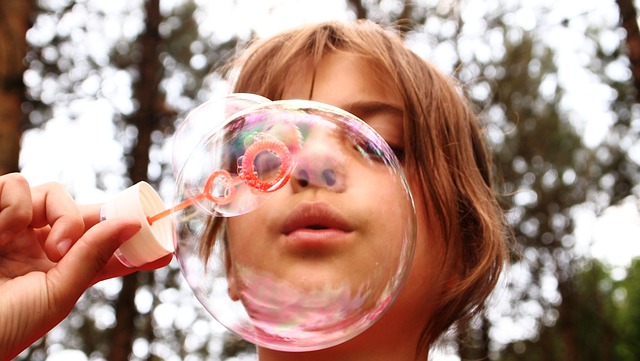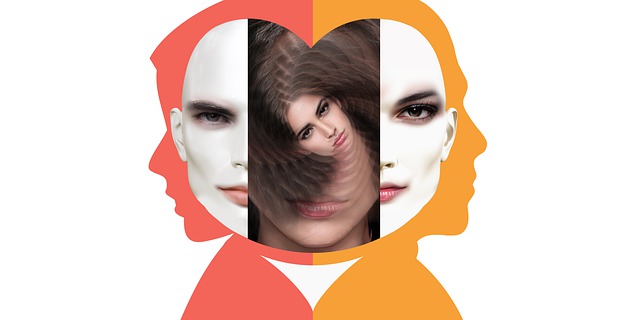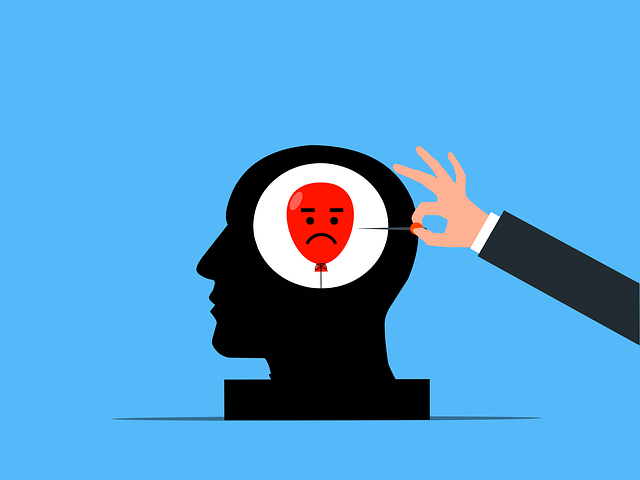The placebo effect is a fascinating phenomenon that has been studied for decades. It refers to the beneficial effects that can occur when a person receives a treatment that has no active ingredients.
The placebo effect is important to understand because it can have a significant impact on health outcomes, and it can also be harnessed to improve health and well-being.
What is a Placebo Effect?
 A placebo effect occurs when a person experiences a positive response to a treatment that has no active ingredients. This can happen because the person believes that the treatment will be effective, or because of other factors such as the attention and care they receive from the healthcare provider. Examples of placebo treatments include sugar pills, saline injections, and sham surgeries.
A placebo effect occurs when a person experiences a positive response to a treatment that has no active ingredients. This can happen because the person believes that the treatment will be effective, or because of other factors such as the attention and care they receive from the healthcare provider. Examples of placebo treatments include sugar pills, saline injections, and sham surgeries.
The Science Behind Placebo Effects
The exact mechanisms behind placebo effects are not fully understood, but research has shown that they involve complex interactions between the brain, body, and environment. Placebo effects are thought to work by activating the same neural pathways as active treatments, which can lead to changes in neurotransmitter levels and other physiological responses.
The Power of Belief
Belief plays a crucial role in placebo effects. When a person believes that a treatment will be effective, their brain releases neurotransmitters such as dopamine and endorphins, which can lead to feelings of pleasure and well-being. Expectations also play a role in placebo effects – if a person expects to feel better after receiving a treatment, they are more likely to experience positive outcomes.
Placebo Effects in Clinical Trials
Placebo effects are often used in clinical trials as a way to control for the effects of expectation and other non-specific factors. In these trials, some participants receive an active treatment while others receive a placebo, and researchers compare the outcomes between the two groups. Controlling for placebo effects is important because it allows researchers to determine whether an active treatment is truly effective.
Placebo Effects in Everyday Life
Placebo effects can occur in everyday situations as well. For example, a person may feel better after taking a vitamin supplement even if the supplement has no active ingredients. Placebo effects can also occur in response to social cues, such as when a healthcare provider gives a patient extra attention and care.
Harnessing the Power of the Mind
There are many techniques for harnessing the power of the mind to improve health and well-being. Mind-body interventions such as meditation, yoga, and hypnosis have been shown to have positive effects on a variety of health outcomes. These interventions work by helping people to cultivate positive beliefs and expectations, which can lead to improvements in physical and mental health.
The Future of Placebo Research
Placebo research is an active area of study, with researchers exploring new ways to harness the power of placebo effects for medical purposes. For example, some researchers are investigating whether placebo treatments could be used to reduce pain and other symptoms in patients with chronic conditions such as fibromyalgia and irritable bowel syndrome.
In conclusion, the placebo effect is a fascinating phenomenon that has important implications for health and well-being. Understanding how placebo effects work can help healthcare providers to provide better care for their patients, and it can also help individuals to harness the power of their own minds to improve their health outcomes. As research in this area continues, we may discover new ways to use placebo effects to improve medical treatments and enhance overall well-being.
You can test out the power of the placebo effect here for yourself.








